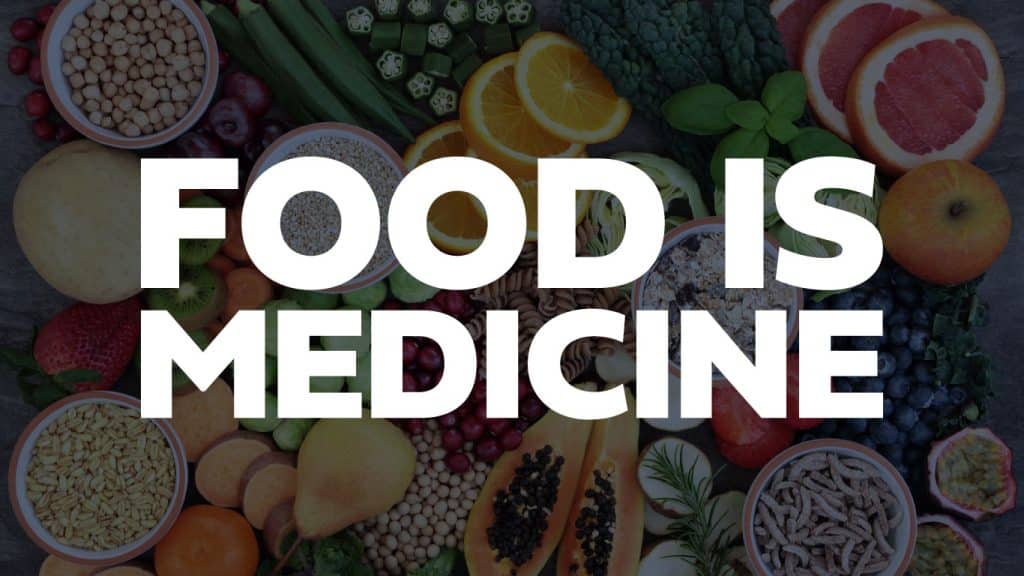Introduction: The Maternal Health Crisis
The United States is grappling with a concerning rise in maternal mortality rates, posing a significant threat to expecting mothers nationwide. Shockingly, between 1987 and 2021, the maternal mortality rate surged from 7.2 to 32.9 deaths per 100,000 live births. This crisis is exacerbated by racial and geographical disparities, with Black and Indigenous women facing disproportionately higher risks. Black women are three times more likely to die from pregnancy-related causes than their white counterparts and Indigenous women face approximately double the risk. Additionally, rural areas experience maternal mortality rates twice as high as urban areas, underscoring the urgent need for targeted interventions.
Medicaid: A Vital Resource for Maternal Healthcare
Medicaid plays a crucial role in ensuring access to healthcare for pregnant women, particularly in underserved communities. Medicaid covers over 40% of all births in the U.S., offering vital services that support both maternal and infant health. This includes coverage for prenatal visits, childbirth, and postpartum care, which are crucial for ensuring the health and well-being of both the mother and the baby. Recent legislative developments, such as the American Rescue Plan Act of 2021, have extended postpartum coverage under Medicaid, offering vital healthcare continuity for new mothers.
Challenges in Maternal Nutrition and Health
Medicaid moms face several challenges related to nutrition, which can impact their health and the health of their children. Many Medicaid moms live in areas with limited access to grocery stores offering fresh and affordable produce, creating what are known as food deserts. This lack of access makes it difficult for them to obtain the nutritious foods needed for a healthy diet. Financial limitations also present a significant obstacle, as healthy foods like fresh fruits, vegetables, and lean proteins are often more expensive than processed or fast food alternatives. This financial strain can make it challenging for low-income families to prioritize nutrition.
Balancing work, childcare, and other responsibilities can also be a barrier to proper nutrition. Limited time for meal planning and preparation may result in reliance on convenience foods that are often high in calories, sodium, and unhealthy fats. Cultural factors and dietary preferences can further complicate matters, as Medicaid moms from diverse backgrounds may face challenges in finding culturally appropriate foods that align with their nutritional needs. Furthermore, some Medicaid moms may have pre-existing health conditions that require specific dietary modifications. Managing conditions such as gestational diabetes or hypertension through diet can be challenging without adequate support and access to nutritious foods.
Addressing these challenges requires a multifaceted approach that includes improving access to affordable and nutritious foods, providing education and resources on healthy eating habits, and offering support services such as nutrition counseling and meal assistance programs. By addressing these barriers, we can help Medicaid moms and their families achieve better health outcomes and improve overall well-being.
The Role of Attane Health: Supporting Expecting Mothers
At Attane Health, we are committed to empowering expecting mothers and improving maternal health outcomes. Our holistic approach focuses on personalized food access and health coaching tailored to the unique needs of Medicaid members. By leveraging innovative solutions such as direct-to-home delivery services and virtual health coaching sessions, we aim to address the root causes of food insecurity and promote healthy dietary habits among expecting mothers.
Access to nutritious food is a cornerstone of maternal health, playing a crucial role in ensuring healthy pregnancies and positive birth outcomes. However, a significant number of pregnant women and new mothers struggle with food insecurity, facing challenges in accessing an adequate and balanced diet. This lack of access to nutritious food can have serious consequences, including an increased risk of low birth weight and preterm birth, both of which are associated with adverse health outcomes for both mothers and infants.
Addressing food insecurity in maternal health requires a comprehensive approach that goes beyond simply providing food. It involves tailored solutions such as personalized food access programs, which consider the dietary needs and cultural preferences of expectant and new mothers. Additionally, cultural sensitivity is paramount in ensuring that interventions are effective and inclusive, acknowledging the diverse backgrounds and traditions of the communities being served.
Moreover, health coaching plays a vital role in empowering expectant and new mothers to make healthy dietary choices. By offering guidance and support, health coaches can help women navigate nutrition care and overall well-being during pregnancy and postpartum recovery, promoting optimal maternal and infant health outcomes.
Despite efforts to combat food insecurity, disparities persist, with Medicaid members, particularly women of color, facing higher rates of food insecurity compared to the general population. This highlights the urgent need for targeted interventions to address inequalities in access to nutritious food and improve maternal health outcomes for all women, regardless of their socioeconomic status or background. By prioritizing maternal nutrition and food security, we can create a healthier and more equitable future for mothers and infants across the United States.
Personalized Food Access: Tailoring Nutrition to Individual Needs
Expecting mothers have specific nutritional needs during pregnancy and the postpartum period. Our personalized food access program ensures that mothers receive nutritious food options tailored to their dietary preferences and cultural backgrounds. By offering a diverse selection of nutrient-dense groceries delivered directly to their homes, we empower mothers to make informed choices for themselves and their babies.
Health Coaching: Guidance and Support for Maternal Wellness
Health coaching plays a pivotal role in supporting expecting mothers on their journey to motherhood. Our certified health coaches provide personalized guidance and support, addressing pregnancy-related challenges and promoting healthy dietary behaviors. Through virtual health coaching sessions, mothers receive education on the importance of proper nutrition, enabling them to navigate the complexities of pregnancy and postpartum recovery with confidence.
Cultural Sensitivity: Honoring Diversity in Maternal Nutrition
We recognize the importance of cultural sensitivity in promoting healthy dietary habits among diverse populations. Our health coaching and personalized food access programs are designed to respect and accommodate cultural preferences, ensuring that all expecting mothers receive the support they need to thrive. By acknowledging cultural diversity, we foster trust and engagement, ultimately leading to better health outcomes for mothers and infants.
Conclusion: A Healthier Future for Mothers and Infants
Maternal health is a critical component of overall healthcare, and access to quality nutrition is essential for the well-being of expecting mothers. At Attane Health, we are dedicated to empowering expecting mothers through personalized food access and health coaching, addressing the root causes of food insecurity and promoting healthy maternal nutrition. By prioritizing maternal health, we pave the way for a healthier and more equitable future for mothers and infants in the Medicaid population.




